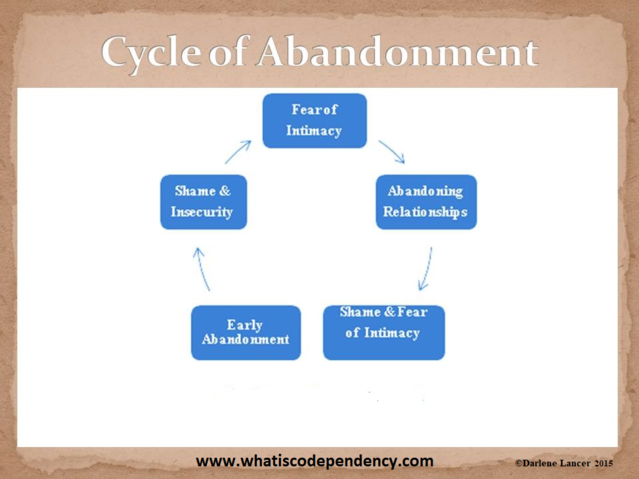"For just one day of intimacy with you is like
a thousand days of joy rolled into one!
I’d rather stand at the threshold in front of the Gate Beautiful,
ready to go in and worship my God,
than to live my life without you
in the most beautiful palace of the wicked.
For the Lord God is brighter than the brilliance of a sunrise!
Wrapping himself around me like a shield,
he is so generous with his gifts of grace and glory.
Those who walk along his paths with integrity
will never lack one thing they need, for he provides it all!
O Lord of Heaven’s Armies,
what euphoria fills those who forever trust in you!"
Fear of intimacy can stem from several causes, including certain childhood experiences such as a history of abuse or neglect, but many other experiences and factors may contribute to this fear as well. Overcoming this fear and anxiety can take time, both to explore and understand the contributing issues and to practice allowing greater vulnerability.
Risk factors for a fear of intimacy often stem back to childhood and the inability to securely trust parental figures, which leads to attachment issues. Experiences that may cause this include:
- Enmeshed families: While enmeshed families may, on the surface, appear to be loving and supportive, boundaries and roles might be blurred and lead to issues with attachment, independence, and intimacy.
- Emotional neglect: Parents who are physically but not emotionally available send the message to children that they (and by extension, others) can't be relied on.
- Loss of a parent: People who have lost a parent through death, divorce, or imprisonment may be left with feelings of abandonment and may have a harder time forming romantic attachments as adults. Research has found that a fear of abandonment is associated with mental health problems and later anxiety in romantic relationships.
- Parental illness: Illness in a parent can result in a feeling of not being able to rely on anyone but oneself, especially when it involves role reversal or the need to "play parent" and care for other siblings at a young age.
- Parental mental illness: Research suggests that parental mental illness, such as narcissistic personality disorder, can affect attachment formation in children, which may result in insecure attachment and poor coping strategies in adulthood.
- Parental substance use: Substance use issues can make it difficult for parents to provide consistent care, which can interfere with the formation of attachments.
- Physical or sexual abuse: Abuse in childhood can make it difficult to form both emotional and sexual intimacy as an adult.
- Neglect: People who experienced neglect as children may find it difficult to trust and rely on others, including intimate partners, as adults.
- Verbal abuse: Children who are emotionally abused may grow into adults who fear being ridiculed or verbally abused if they share anything with others, which can lead to an inability to share things and be vulnerable in relationships with other people.
To view the You Tube video click here and don't forget to subscribe to my channel. My goal for 2021 is 1000 viewers. https://www.youtube.com/watch?v=hp7bjvWwdjE&feature=youtu.be
Here is another great article for your continued study on our subject of abandonment. https://www.healthline.com/health/fear-of-intimacy#treatment
"But continue to grow and increase in God’s grace and intimacy with our Lord and Savior, Jesus Christ. May he receive all the glory both now and until the day eternity begins. Amen!"


 RSS Feed
RSS Feed